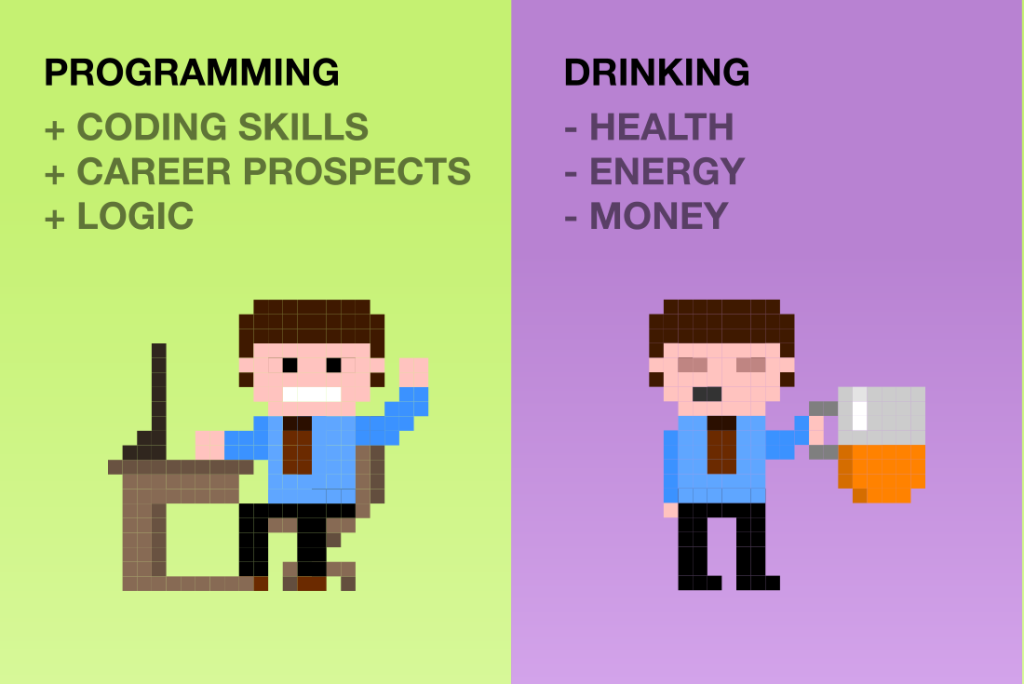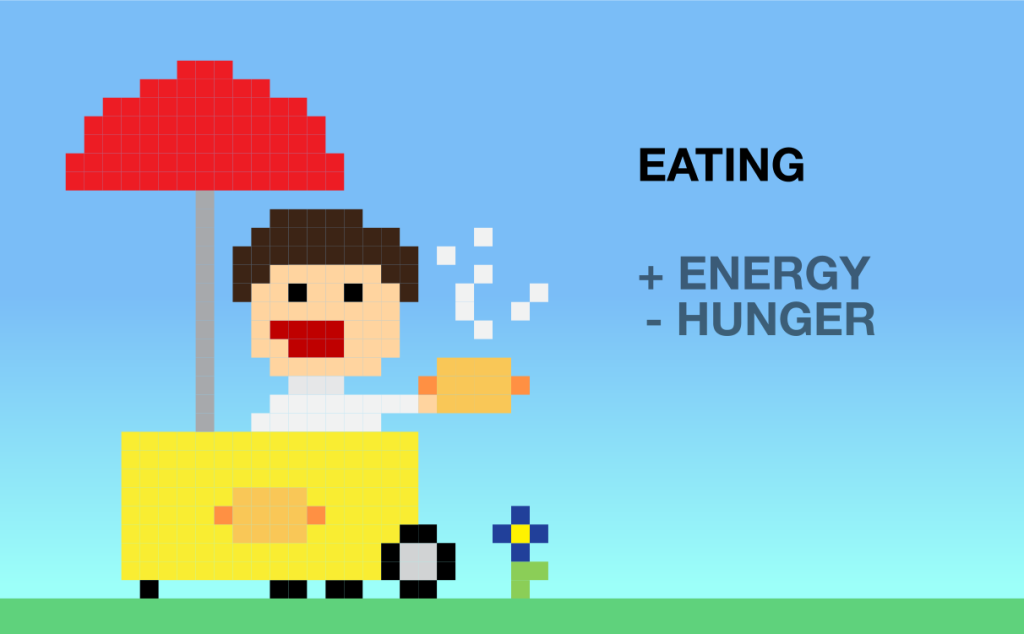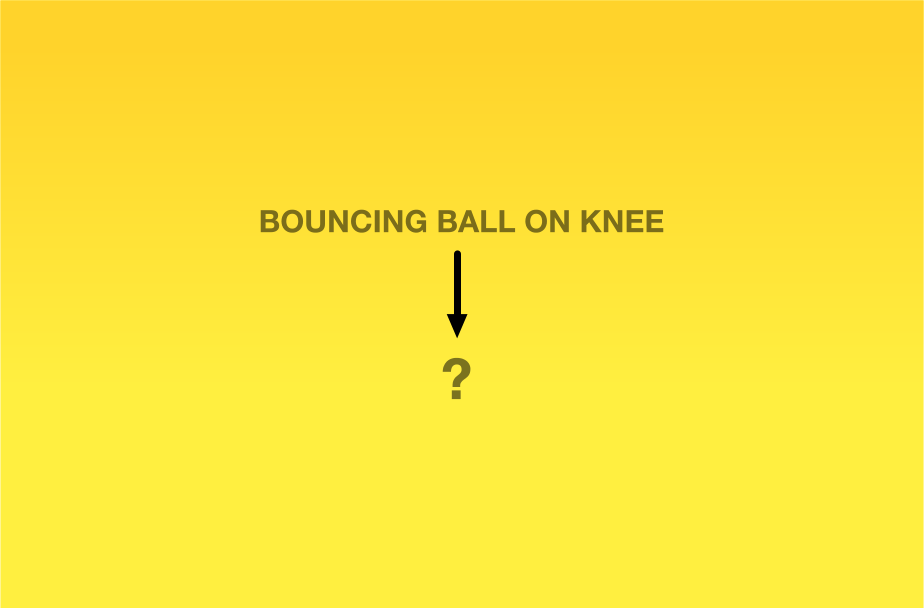Real-life is the game that-literally-everyone is playing. But it can be tough. This is your guide.
Basics
You might not realize, but real life is a game of strategy. There are some fun mini-games – like dancing, driving, running, and sex – but the key to winning is simply managing your resources.
Most importantly, successful players put their time into the right things. Later in the game money comes into play, but your top priority should always be mastering where your time goes.
CHILDHOOD
Life begins when you’re assigned a random character and circumstances:
The first 15 years or so of life are just tutorial missions, which suck. There’s no way to skip these.
Young adult stage
As a young player, you’ll have lots of time and energy, but almost no experience. You’ll find most things – like the best jobs, possessions, and partners – are locked until you get some.
This is the time to level up your skills quickly. You will never have so much time and energy again.
Now that you’re playing properly, your top priority is to assign your time as well as possible. Every single thing you do affects your state and your skills:
This may sound simple, but the problem is you won’t always know what tasks to choose, and your body won’t always obey your commands. Let’s break it down.How to obey your own commands
Many players find that when they choose to do something – say “go to the gym” – their body ignores them completely.
This is not a bug. Everybody has a state, which you can’t see directly, but looks something like this: If your state gets too low in one area, your body will disobey your own instructions until your needs are met. Try studying when you’re exhausted and hungry, and watch your concentration switch to Twitter.
Your willpower level is especially important. Willpower fades throughout the day and is replenished slightly by eating, and completely by a good night’s sleep. When your willpower is low, you are only able to do things you really want to.
Every decision you have to make costs willpower and decisions where you have to suppress an appealing option for a less appealing one (e.g. exercise instead of watching TV) require a lot of willpower.
There are various tricks to keep your behavior in line:
- Keep your state high. If you’re hungry, exhausted, or utterly deprived of fun, your willpower will collapse. Ensure you take consistently good care of yourself.
- Don’t demand too much willpower from one day. Spread your most demanding tasks over multiple days, and mix them in with less demanding ones.
- Attempt the most important tasks first. This makes other tasks more difficult but makes your top task more likely.
- Reduce the need to use willpower by reducing choices. If you’re trying to work on a computer that can access Facebook, you’ll need more willpower because you’re constantly choosing the hard task over the easy one. Eliminate such distractions.
A key part of playing the game is balancing your competing priorities with the state of your body. Just don’t leave yourself on autopilot, or you’ll never get anything done.
Choosing the right tasks
Choosing the right tasks at the right time is most of the game. Some tasks mostly affect your state, e.g.
Others mostly affect your skills:You need to put time into things that ensure a healthy state – like food and sleep – to keep your willpower high. And then you need to develop your skills with what you have left.
Some skills are more valuable than others. Good ones can open up whole paths like a tech tree:
Others are dead ends:
Combinations of skills are the most effective. It’s very hard to max out one skill to be the best – in fact, that’s often impossible. But it’s much easier to get pretty decent at lots of related skills that amount to something bigger.







Comments
Post a Comment